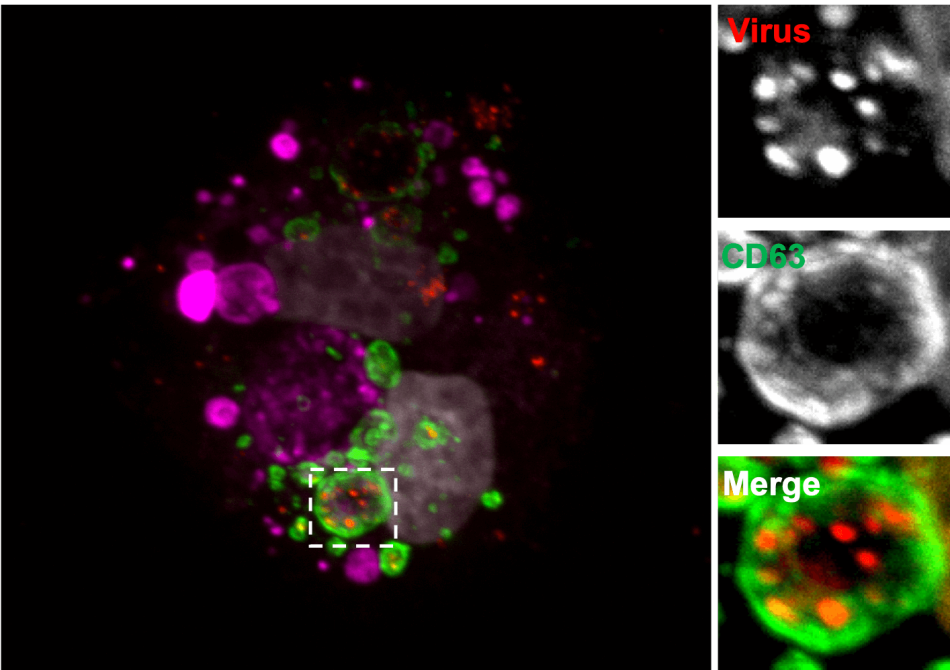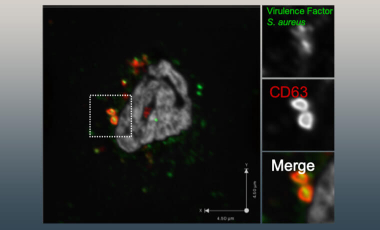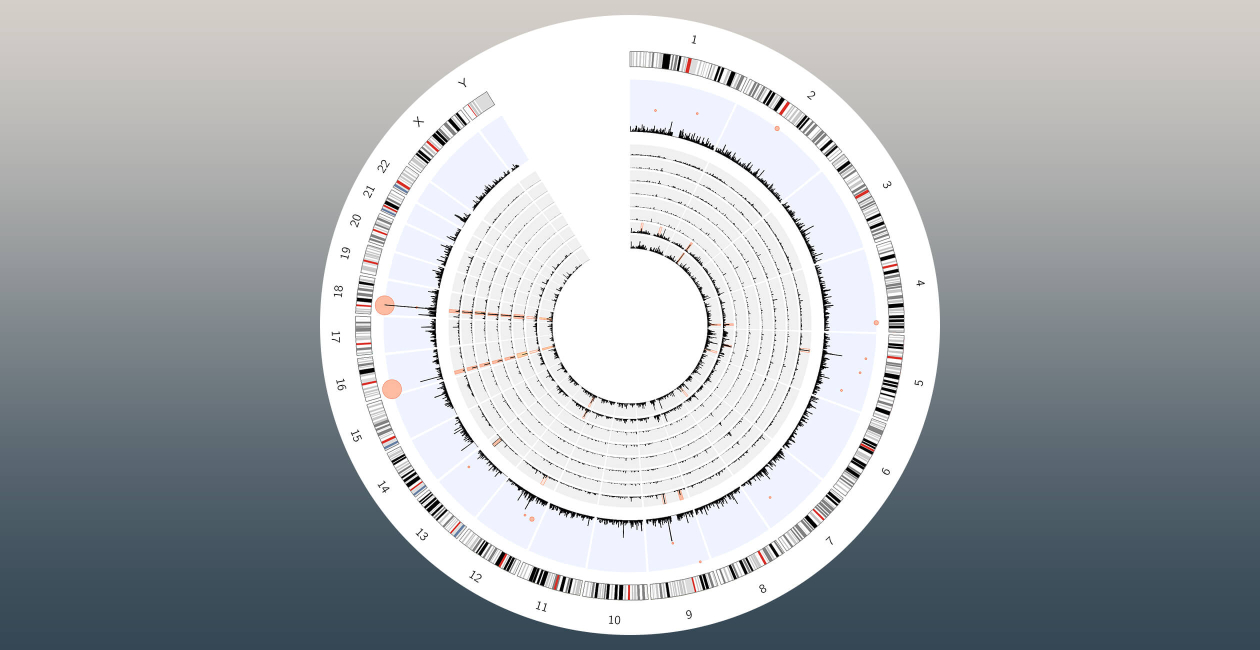The immune system is remarkably complex, and scientists are still uncovering how it protects the body. In the Lacy-Hulbert Lab, researchers focus on identifying the mechanisms that control innate immunity and host defense, using innovative genetic approaches that let them explore immunity on an unprecedented scale.
Forward genetic techniques developed by the lab combine transposon mutagenesis with gene sequencing to systematically probe immune mechanisms in mammalian cells. This platform enables large-scale gain- and loss-of-function screens across the genome in multiple cell types, providing a powerful way to identify the genes and pathways that drive immune responses.
Initially, the system was validated in a screen for resistance to cytotoxic cancer drugs. Today, the team’s research has shifted to understanding host defense against viral infections, including Ebola and influenza viruses. Using this approach, Lacy-Hulbert Lab researchers are pinpointing genes that determine whether a virus can enter a cell or replicate, with the goal of identifying potential targets for therapies that could prevent or treat viral infections.
Beyond identifying individual genes, the lab’s work has revealed broader mechanisms, such as how pathogens hijack the normal trafficking of immune cells. To visualize these processes, researchers employ advanced microscopy, including confocal, live-cell, high-throughput imaging and virtual reality, to track how pathogens interact with and reshape cells. These insights help scientists understand not only viral infections but also the cellular processes that, when disrupted, can contribute to the development of autoimmunity.
By uncovering new mechanisms of host defense, the Lacy-Hulbert Lab aims to lay the foundation for therapies that strengthen immunity, prevent infection, and improve the lives of people living with autoimmune disease.

Additional Research Projects

Distinguishing Pathogens From Self
Researchers in the Lacy-Hulbert Lab are exploring the molecular and cellular pathways that determine when innate immune cells promote tolerance and when they trigger inflammation.

Regulation of Immune Responses
The Lacy-Hulbert Lab seeks to understand how the immune system maintains balance — mounting strong defenses against infection while avoiding harmful attacks on the body itself.

SARS-CoV2 And COVID-19
During the COVID-19 pandemic, the Lacy-Hulbert Lab applied its expertise to better understand SARS-CoV-2, the virus that causes COVID-19, and explore ways to prevent and treat infection.



